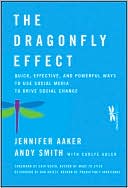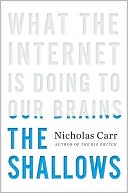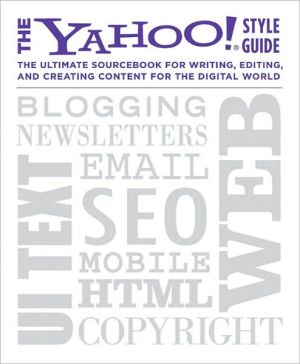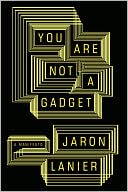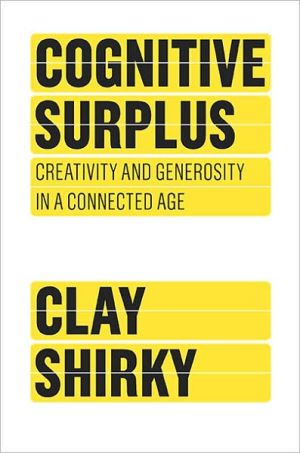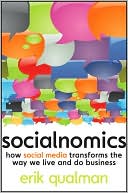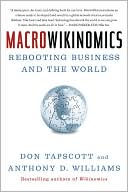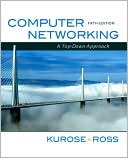Blur: How to Know What's True in the Age of Information Overload
Search in google:
Amid the hand-wringing over the death of "true journalism" in the Internet Age—the din of bloggers, the echo chamber of Twitter, the predominance of Wikipedia—veteran journalists and media critics Bill Kovach and Tom Rosenstiel have written a pragmatic, serious-minded guide to navigating the twenty-first century media terrain. Yes, old authorities are being dismantled, new ones created, and the very nature of knowledge has changed. But seeking the truth remains the purpose of journalism—and the object for those who consume it. How do we discern what is reliable? How do we determine which facts (or whose opinions) to trust? Blur provides a road map, or more specifically, reveals the craft that has been used in newsrooms by the very best journalists for getting at the truth. In an age when the line between citizen and journalist is becoming increasingly unclear, Blur is a crucial guide for those who want to know what's true.Ways of Skeptical Knowing—Six Essential Tools for Interpreting theNews 1. What kind of content am I encountering? 2. Is the information complete? If not, what's missing? 3. Who or what are the sources and why should I believe them? 4. What evidence is presented and how was it tested or vetted? 5. What might bean alternative explanation or understanding? 6. Am I learning what I need? Publishers Weekly Veteran journalists Kovach and Rosenstiel (The Elements of Journalism) begin their intelligent and well-written guidebook by assuring readers this is not unfamiliar territory. The printing press, the telegraph, radio, and television were once just as unsettling and disruptive as today's Internet, blogs, and Twitter posts. But the rules have changed. The gatekeepers of information are disappearing. Everyone must become editors assuming the responsibility for testing evidence and checking sources presented in news stories, deciding what's important to know, and whether the material is reliable and complete. Utilizing a set of systemic questions that the authors label "the way of skeptical knowing," Kovach and Rosenstiel provide a roadmap for maintaining a steady course through our messy media landscape. As the authors entertainingly define and deconstruct the journalism of verification, assertion, affirmation, and interest group news, readers gain the analytical skills necessary for understanding this new terrain. "The real information gap in the 21st century is not who has access to the Internet and who does not. It is the gap between people who have the skills to create knowledge and those who are simply in a process of affirming preconceptions without growing and learning." (Nov.)
